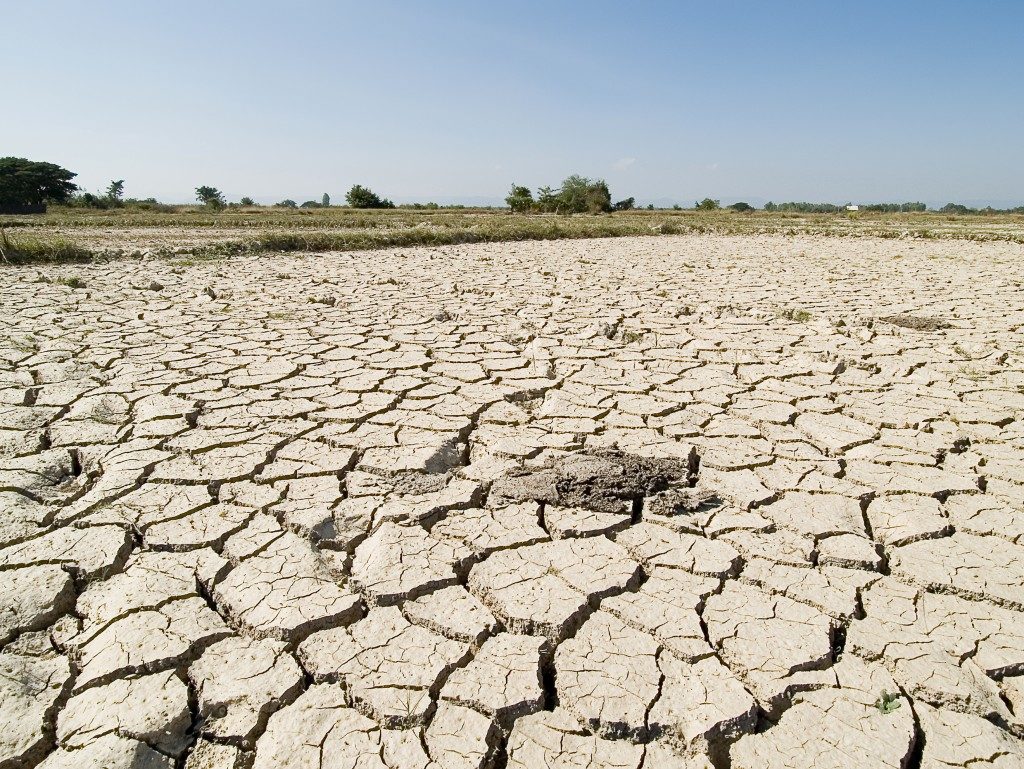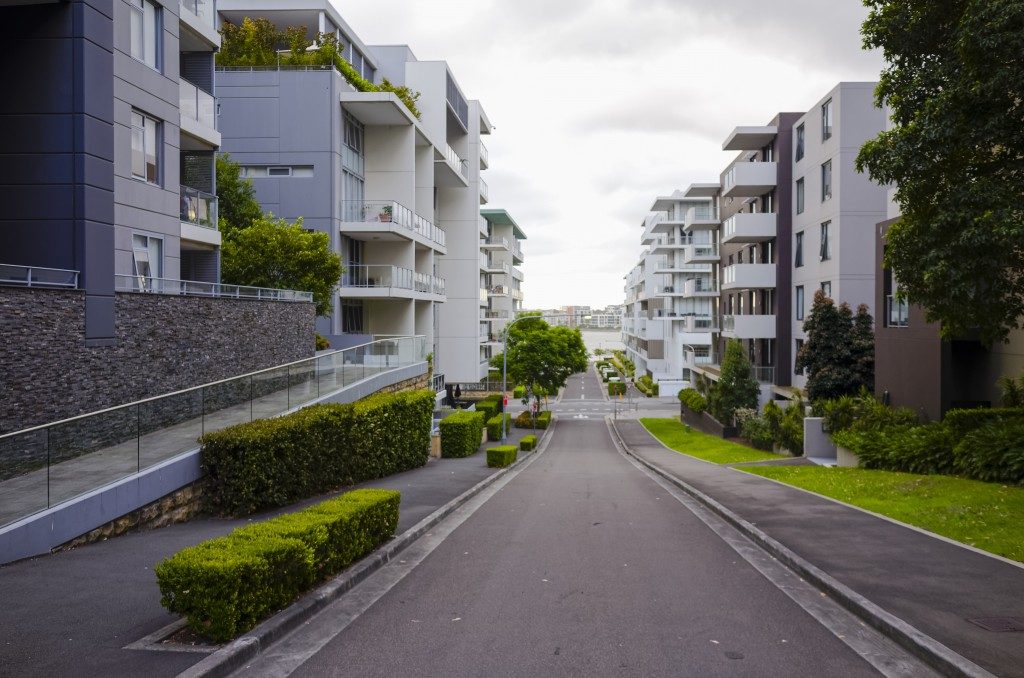Water scarcity has been an issue in many parts of the world, and with an ever-increasing world population, might become an issue for more countries. Some people think that water scarcity is impossible if not real; however, global agencies and researchers are pointing out a grave future for the world as far as water availability is concerned.
These agencies alerted the UN and world governments of this problem, and many have responded in many ways to reuse, recycle and save water. Some countries have devised a collection system that recycles and reuses wastewater, especially grey water. Some communities have even gone back to traditional water conservation and collection methods that use water flitration systems. In the driest parts of the world, such as the Middle East, some countries such as Libya have used technology to mine ground water. But the most successful so far has been developing technologies to help people use water more efficiently ,and here are the technologies that are helping us achieve this.
1. Carbon Dioxide Cleaning
Many industries use loads of water to support their operations daily. One of such applications is as a cleaning agent. The waste that emanates from this crucial process is monumental. Consider the case of a car manufacturing process, which on average consumes tens of thousands of gallons of water. The use of carbon dioxide for industrial cleaning is a wonderful technology that uses solid particles instead of water. The process does not produce any waste and is very efficient.
2. Efficient Shower Solutions
Research has shown that a shower wastes more water than a bath. Inventors are coming up with ways to address this challenge. One such solution is a showerhead that can achieve the desired temperature in a few seconds. There is also a showering system that collects water that goes to waste as the shower attains the temperature.

3. Water Leak Detectors
Software technology has also been instrumental in water resource conservation, in this case in leak detection. Leaks can waste a lot of water, especially if they are hidden leaks. You need experts who could assess if your piping system has a leak and apply the necessary repairs in record time. Water systems can have real-time detection capabilities to reduce losses accrued from unattended leakages.
4. Automatic Billing and Metering
The adoption of smart meters enables users to collect valuable data in real time to aid in improved water management. Such systems could also be used to deliver specific amounts of water based on your daily use, which then prevents wasting water in industries such as agriculture and manufacturing.
A water crisis is a looming problem the world over, and only we can save ourselves and the planet. But we could only save the world with the help of international organizations such the UN and WHO, as well as the cooperation of the nations of the world. The implementation of water conservation laws and guidelines could go a long way in conserving fresh water, but scientists could also help when they develop technologies and innovations that will help future generations.



